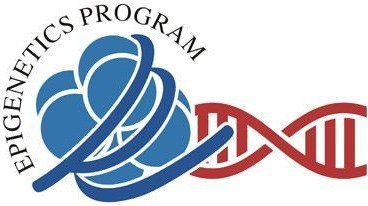Welcome To Black Lab.
The Black Lab is answering the most pressing questions in chromosome biology, such as:
- How does genetic inheritance actually work?
- How was epigenetic information transmitted to us from our parents?
- Can building new artificial chromosomes help us understand how natural chromosomes work?
- How are the key enzymes protecting the integrity of our genome specifically and potently activated by potential catastrophes like DNA breaks or chromosome misattachment to the mitotic spindle?



